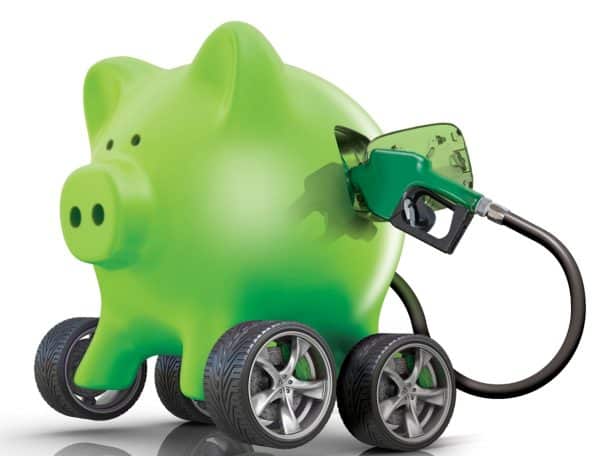
Clarke said that in the run up to the election, the government “made so many promises that they weren’t going to increase tax on, such as VAT, pension benefits and income tax, that you should expect an increase in fuel tax in the coming years.”
He said that fuel duty “is a form of income tax to the government, dressed as a green tax. I doubt that there will be a continuing freeze on fuel duty.”
Clarke added that for commercial fleets, “Much as the economy would certainly benefit from financial help for commercial road users, expecting anything significant would represent unrealistic optimism.” With oil prices increasing by 50% since the beginning of the year, margins for fleet owners are facing a general squeeze.
Fuel Card Services (FCS) buys oil in bulk from fuel companies and sells it on to customers, passing on the savings it makes with a certain amount kept back to generate the business its income. Customers can expect savings of 5p a litre or more.
Drivers who work for customers of FCS buy their fuel from most major fuel stations and use a card to pay for the fuel from FCS when they do. One of the advantages of this scheme is that you will pay the same price from motorway fuel stations as you would at a local petrol station on an A road. The chief difference is that you could save as much as 10p a litre on the motorway. Clarke pointed out, “Companies that previously banned their drivers from refuelling on motorways now allow their drivers to use them, saving on added mileage as HGVs and LCVs no longer have to divert to find a cheaper station.”
One of the upshots of companies such as FCS doing this is that many larger haulage companies no longer have bunkers in their yards. FCS has specialist buyers who get the best price for their fuel on the spot market and can frequently out compete a haulier’s bunkering prices due to their specialism in getting the very best price on a daily basis.
On a brighter note though, Clarke feels that the economy is improving. He said, “HGV and LCV mileage has definitely picked up over the last four or so years. HGV mileage reflects the wider economy – not unlike the construction industry. When the economy collapses, HGV mileage is some of the first to be hit. Equally, HGV mileage has definitely increased in the last few years and looks set to continue.”
In the coming years, one of the new regulations coming in is likely that companies of a certain size will have to provide accounts of their CO2 emissions in their annual reports. For £1 a month, regardless of the size of your fleet, FCS offers a vehicle by vehicle breakdown of your fleet emissions. This will come in handy with your environmental sustainability report, and may even be a regulatory requirement in the coming years.
In the face of reports coming out about the dangers of diesel to public health, we asked Clarke how he feels policy will change toward diesel? Will it be taxed into the Dark Ages? He responded negatively, “I can’t see how they’d compensate people who had switched over to diesel. The chief change I can see in the coming years is that engines will get cleaner – I don’t see diesel stopped or taxed heavily.”

